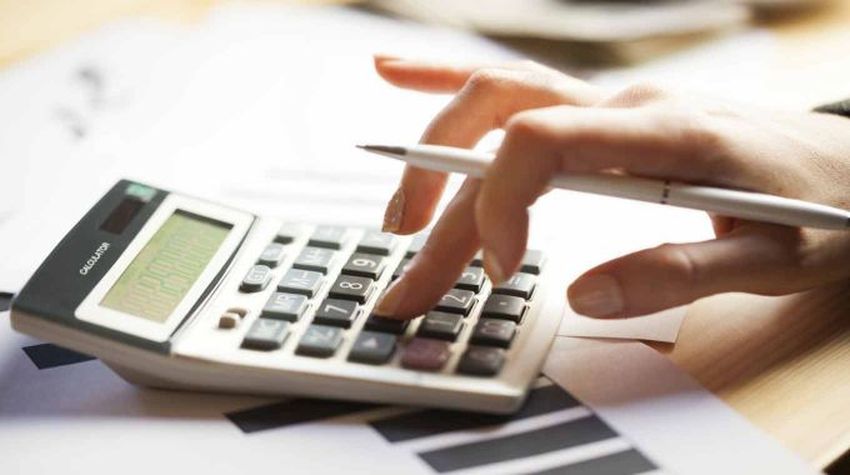
It is important to be fully aware of all the costs involved in buying a home, preferably before you go house hunting. Knowing in advance what these additional ‘costs’ are, over and above the down payment that you might have, will help you plan for a smooth closing and avoid any unpleasant surprises. You should allow at least 2% of the purchase price for closing costs, although they could be as high as 4%.
Below is a comprehensive list of closings costs that you might incur, but remember that they are only estimates and should be used as a guideline.
Legal Fees & Disbursements
A lawyer will charge a fee for their professional services involved in drafting the title deed, preparing the mortgage, and conducting the various searches. The disbursements, on the other hand, are out-of-pocket expenses incurred, such as registrations, searches, supplies, etc… The actual fee that the lawyer will charge will depend entirely upon the deal between you and your lawyer. Be sure to ascertain exactly what this will amount to in a worst-case situation. A typical purchase transaction for a $200,000 property with one mortgage will range between $800 to $1,200, including disbursements. We recommend you call one or two lawyers and obtain a quote directly from them including both their fee and estimates of disbursements before choosing which one you’d like to use.
Land Transfer Tax
There is usually a land transfer tax that is charged on closing when the property is transferred to your name and it can vary depending on the price of the home, whether or not you are a first time home buyer and which city you live in. Learn more about Land Transfer Tax Ontario.
Mortgage Insurance
You should budget for insurance on your new home. Insurance costs can include default mortgage insurance, homeowners insurance, mortgage life insurance and title insurance.
Property Tax & Prepaid Utilities Adjustments
At the time of a sale, the lawyer for the buyer must confirm that local taxes have been paid up to date. If they are, a Tax Certificate is issued, from which any adjustments can be made – usually requiring the buyer to compensate the seller for any prepaid taxes. If they are not up to date, the municipality requires that the seller pay them off from the proceeds of the sale. Therefore, remember that if the previous owner has prepaid property taxes or other utilities for the year, they will be credited the prepaid portion on closing. If they paid all their taxes by April, expect a large adjustment cost on closing.
Property Appraisal
If your lender requires an appraisal report to be completed, it will have to be done before they hand over any mortgage money. They want to be assured that the property is worth what you are either paying for it, or valuing it for, and the cost normally ranges between $150 to $300 depending upon the location and complexity of the property.
Home Inspection
A report commissioned by a property owner or purchaser, usually to verify the condition of a property prior to the ‘firming up’ of a Real Estate transaction. The scope and detail may vary, but most reports indicate the specific problem and the cost to repair. Depending on the size and location of the property, a home inspection is around $300.
Interest Adjustment (IA)
If you arrange to make your mortgage payments monthly on the first day of the month, and your transaction closes after the first day of the month, your lender may charge you interest on closing up to the first theoretical payment date, called the Interest Adjustment Date (IAD). Your mortgage agent will calculate this for you. Remember, that all mortgages are paid in arrears so if your possession date is June 1st, and you choose to pay monthly, then your first payment will be July 1st. In this example there is no Interest Adjustment payable. However, if you moved in on May 29th, with your first payment on the first of the month, your first payment would still be July 1st, but there will be a three day Interest Adjustment (from May 29th to the ‘official start date’ of June 1st).









